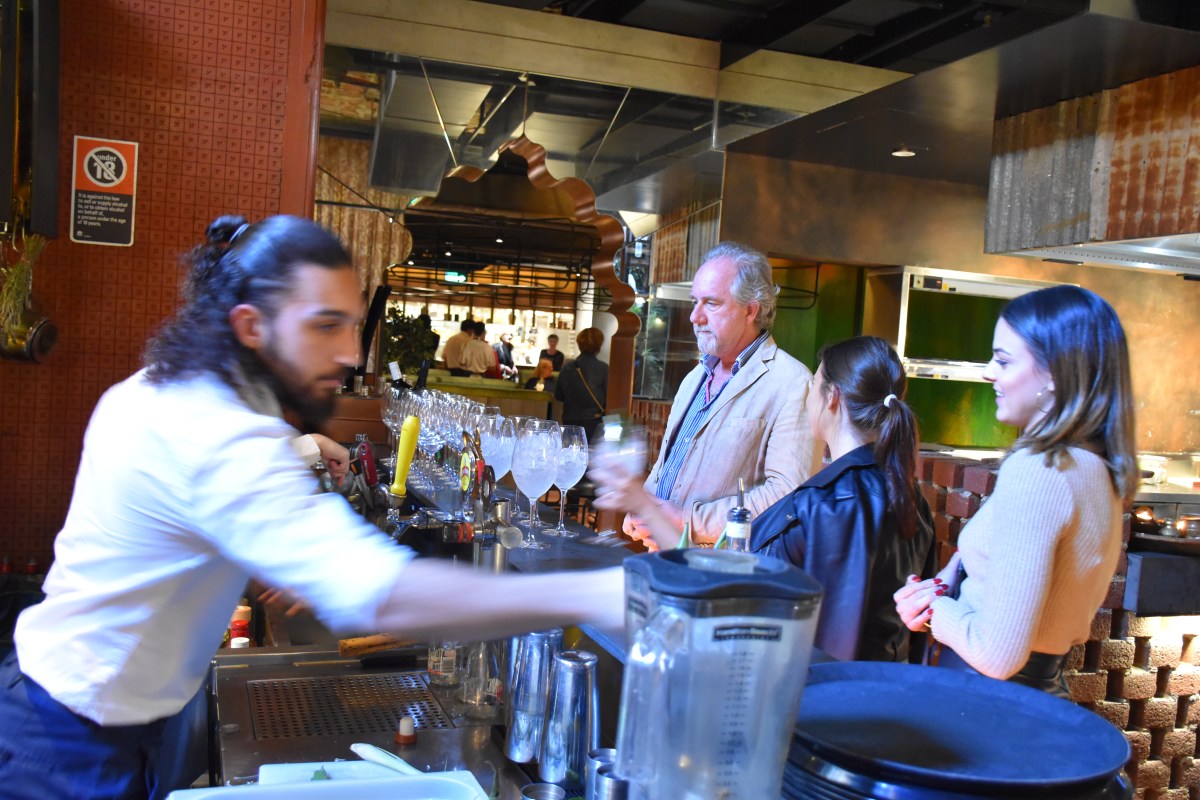Credit reporting bureau, CreditorWatch, has released the June results for its Business Risk Index, and has forecast that one in 11 hospitality businesses in Australia will fail in the next 12 months.
The report does not segment the industry any further, although author Michael Pollack did note that that hospitality was more at risk of business failures than any other industry.
CreditorWatch is now forecasting the failure rate to increase from 7.5 per cent to 9.1 per cent – equating to one in 11 businesses.
This is well above the forecast for Arts and Recreation Services and Transport, Postal and Warehousing which are ranked second and third with forecast failure rates of 5.7 per cent and 5.5 per cent respectively. The average forecast for all industries in 5.1 per cent.
CreditorWatch CEO Patrick Coghlan suggested it would be smaller hospitality outfits that would have the most risk of failure.
“It is small businesses that are hurting the most as they are more vulnerable to adverse economic conditions than larger businesses. They operate on tighter margins and are less able to take measures to cut costs.”
Club sector more resilient
As the CreditorWatch report is not segmented, Quantaco’s executive director, platform services and business advisory, Mitchell Stone suggests that clubs are far less likely to fail than smaller, more vulnerable cafes and restaurants.
“While the CreditorWatch report’s projection that one in 11 hospitality businesses may fail in the next 12 months is concerning, it’s essential to consider the specific dynamics within different segments of the industry. At Quantaco, our experience with clients, particularly in the club sector, reveals a somewhat more optimistic outlook for clubs compared to other hospitality businesses like cafes and restaurants.”
Stone outlaid the following market observations that suggest clubs are still in a relatively secure place, despite an obvious curtailing of discretionary spending:
- Gaming Revenue Holding Up: Gaming remains a robust revenue stream for many pubs, providing a financial cushion that other segments might lack. This is particularly important in times of economic uncertainty.
- Decline in Food and Beverage: We have observed a slight decline in food and beverage sales, reflecting broader consumer spending trends. However, pubs are in a unique position to flex their food offering to attract a broad audience.
- Diversification and Resilience: Pubs often benefit from a diversified asset base, combining gaming, food and beverage, retail operations, and accommodation. This diversification helps mitigate risks associated with any single revenue stream’s volatility. For instance, during periods when food and beverage sales might decline due to changing consumer behaviours or economic pressures, the steady income from gaming can provide a vital financial buffer. Additionally, retail operations, such as bottle shops or merchandise sales, offer another layer of financial security. Accommodation services further enhance revenue stability, catering to travellers and tourists, thus spreading financial risk across different customer segments. This multifaceted approach allows pubs to remain financially stable even when one part of their business experiences a downturn. The ability to pivot and focus on the more profitable segments during challenging times is a significant advantage that pubs hold over more specialised hospitality businesses.
Be where the customers are
Andrew Lewis, CEO of Allara Global, believes effective revenue management is key to ensuring hospitality venues can ride out the tougher economic climate times.
“We encourage operators to adapt to the times. A change in menu, revised pricing, special offers, updated seating plans, or reduced opening hours can drive greater profitability and efficiency,” he said.
Lewis added hospitality venues that consistently deliver exceptional guest experiences are also better equipped to withstand the economic challenges.
“Great service, a welcoming atmosphere, and excellent value for money are crucial to retaining and ensuring repeat business, whether you are a café, a bowling club or a five-star hotel,” he said.
“Big or small, operators recognise the link between well-trained staff and exceptional customer satisfaction, and during a cost-of-living crunch, it’s never been more important.”

